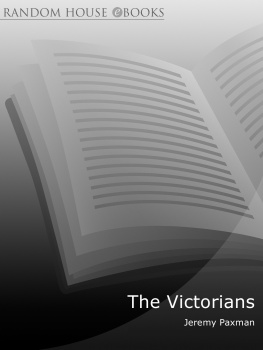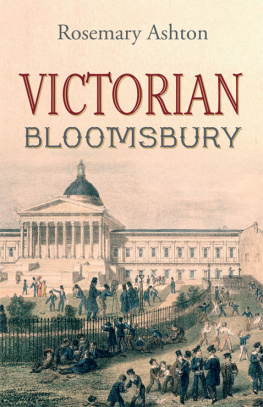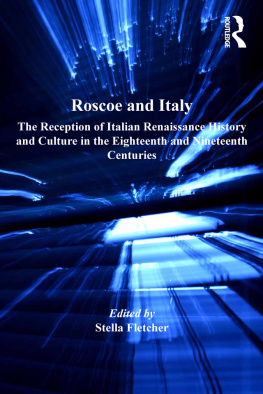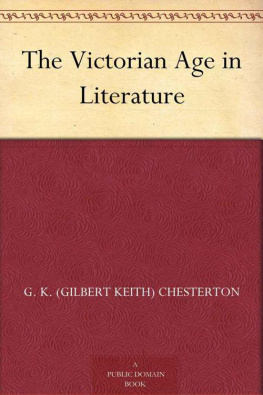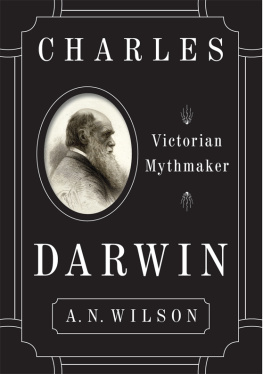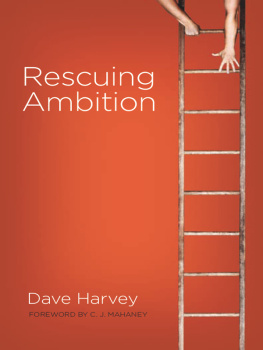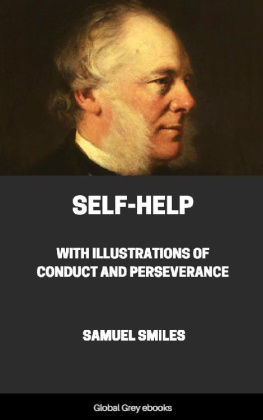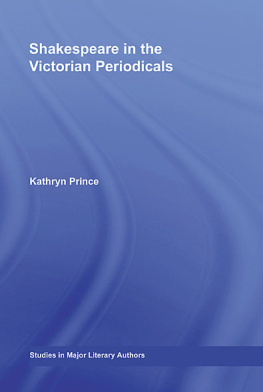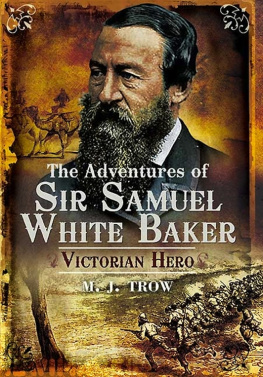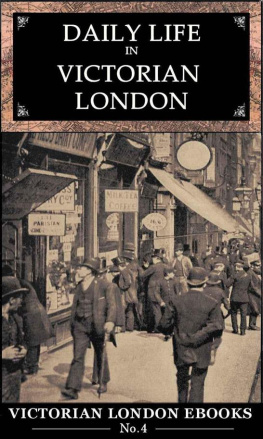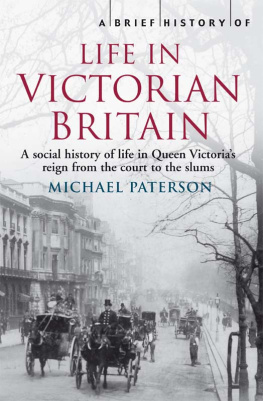Rebecca Richardson - Material Ambitions: Self-Help and Victorian Literature
Here you can read online Rebecca Richardson - Material Ambitions: Self-Help and Victorian Literature full text of the book (entire story) in english for free. Download pdf and epub, get meaning, cover and reviews about this ebook. year: 2021, publisher: Johns Hopkins University Press, genre: Religion. Description of the work, (preface) as well as reviews are available. Best literature library LitArk.com created for fans of good reading and offers a wide selection of genres:
Romance novel
Science fiction
Adventure
Detective
Science
History
Home and family
Prose
Art
Politics
Computer
Non-fiction
Religion
Business
Children
Humor
Choose a favorite category and find really read worthwhile books. Enjoy immersion in the world of imagination, feel the emotions of the characters or learn something new for yourself, make an fascinating discovery.

- Book:Material Ambitions: Self-Help and Victorian Literature
- Author:
- Publisher:Johns Hopkins University Press
- Genre:
- Year:2021
- Rating:5 / 5
- Favourites:Add to favourites
- Your mark:
Material Ambitions: Self-Help and Victorian Literature: summary, description and annotation
We offer to read an annotation, description, summary or preface (depends on what the author of the book "Material Ambitions: Self-Help and Victorian Literature" wrote himself). If you haven't found the necessary information about the book — write in the comments, we will try to find it.
What the Victorian history of self-help reveals about the myth of individualism.
Stories of hardworking characters who lift themselves from rags to riches abound in the Victorian era. From the popularity of such stories, it is clear that the Victorians valorized personal ambition in ways that previous generations had not. In Material Ambitions, Rebecca Richardson explores this phenomenon in light of the under-studied reception history of Samuel Smiless 1859 publication, Self-Help: With Illustrations of Character, Conduct, and Perseverance. A compilation of vignettes about captains of industry, artists, and inventors who persevered through failure and worked tirelessly to achieve success in their respective fields, Self-Help links individual ambition to the growth of the nation.
Contextualizing Smiless work in a tradition of Renaissance self-fashioning, eighteenth-century advice books, and inspirational biography, Richardson argues that the burgeoning self-help genre of the Victorian era offered a narrative structure that linked individual success with collective success in a one-to-one relationship. Advocating for a broader cultural account of the ambitious hero narrative, Richardson argues that reading these biographies and self-help texts alongside fictional accounts of driven people complicates the morality tale that writers like Smiles took pains to invoke. In chapters featuring the works of Harriet Martineau, Dinah Craik, Thackeray, Trollope, and Miles Franklin, Richardson demonstrates that Victorian fiction dramatized ambition by suggesting where it runs up against the limits of an individuals energy and ability, where it turns into competition, or where it risks upsetting a socio-ecological system of finite resources. The upward mobility plots of John Halifax, Gentleman or Vanity Fair suggest the dangers of zero-sum thinking, particularly evidenced by contemporary preoccupations with Malthusian and Darwinian discourses.
Intertwining the methodologies of disability studies and ecocriticism, Material Ambitions persuasively unmasks the longstanding myth that ambitious individualism can overcome disadvantageous systematic and structural conditions.
Rebecca Richardson: author's other books
Who wrote Material Ambitions: Self-Help and Victorian Literature? Find out the surname, the name of the author of the book and a list of all author's works by series.

